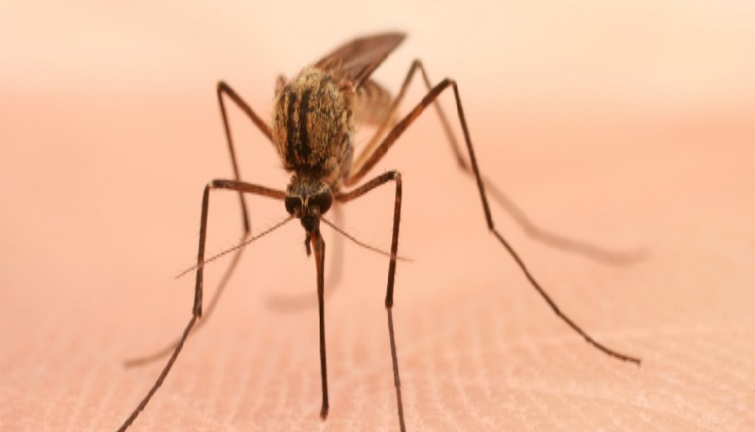First West Nile virus case confirmed in the U.P.

HANCOCK — Western U.P. Health Department has been notified by the Michigan Department of Health and Human Services that a dead crow found in Houghton County on June 22 tested positive for West Nile virus, which can cause illness in humans as well as birds.
This was the 13th bird in Michigan, and the first from the Upper Peninsula, to test positive for West Nile virus in 2017. West Nile virus has also been detected in nearby northern Wisconsin counties.
West Nile virus is spread to humans through the bite of an infected mosquito. Mosquitoes acquire the virus from infected birds.
Western Upper Peninsula residents should be aware of West Nile virus and take simple steps to protect themselves against mosquito bites. The best way to avoid the disease is to reduce exposure to mosquitoes and eliminate their breeding grounds.
The Western U.P. Health Department recommends the following:
-Limit time spent outside at dawn and dusk, when mosquitoes are most active.
-Apply insect repellent to clothing as well as exposed skin since mosquitoes may bite through clothing.
-Make sure window and door screens are in good repair to prevent mosquito entry.
-Properly dispose of items around your property that hold water, such as tin cans, plastic containers, ceramic pots, or discarded tires.
-Clean roof gutters and downspouts for proper drainage.
-Turn over wheelbarrows, wading pools, boats, and canoes when not in use.
-Change the water in birdbaths and pet dishes at least every three days.
-Clean and chlorinate swimming pools, outdoor saunas, and hot tubs; drain water from pool covers.
-Trim tall grass, weeds, and vines since mosquitoes use these areas to rest during hot daylight hours.
-Landscape to prevent water from pooling in low-lying areas.
Most people infected with West Nile virus do not get sick. Those who do become ill usually experience mild symptoms such as fever, headache, muscle ache, rash, and fatigue.
Less than 1 percent of people infected with the virus get seriously ill with symptoms that can include high fever, muscle weakness, stiff neck, disorientation, mental confusion, tremors, confusion, paralysis, and coma. Older adults and those with compromised immune systems are at greater risk of developing central nervous system illness that can be fatal.
More information on West Nile virus can be found at www.wupdhd.org/preventing-west-nile-virus or www.michigan.gov/emergingdiseases.
